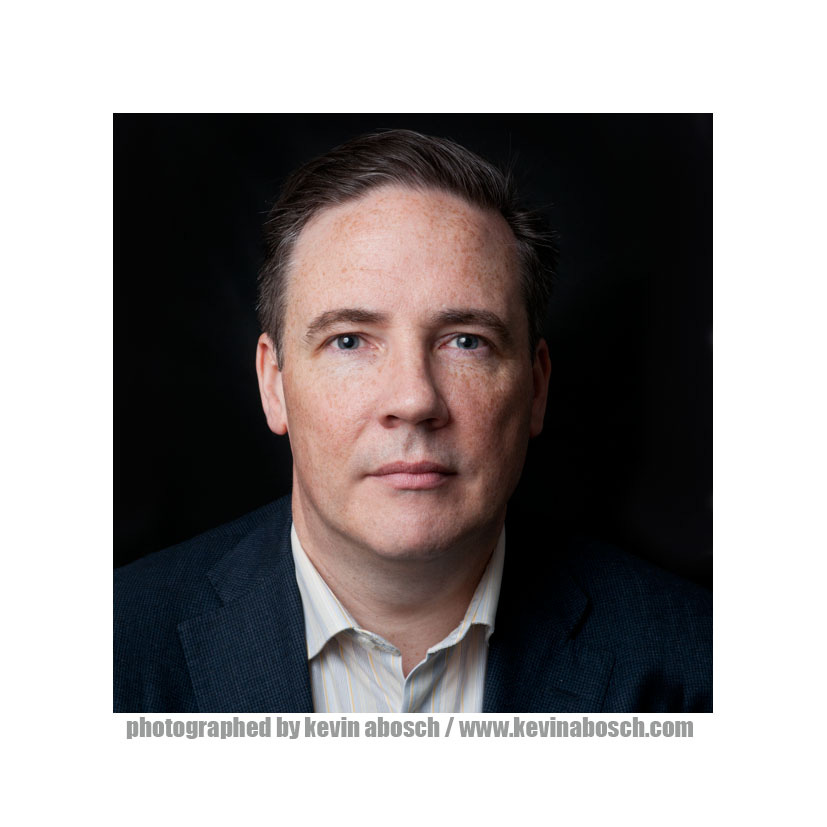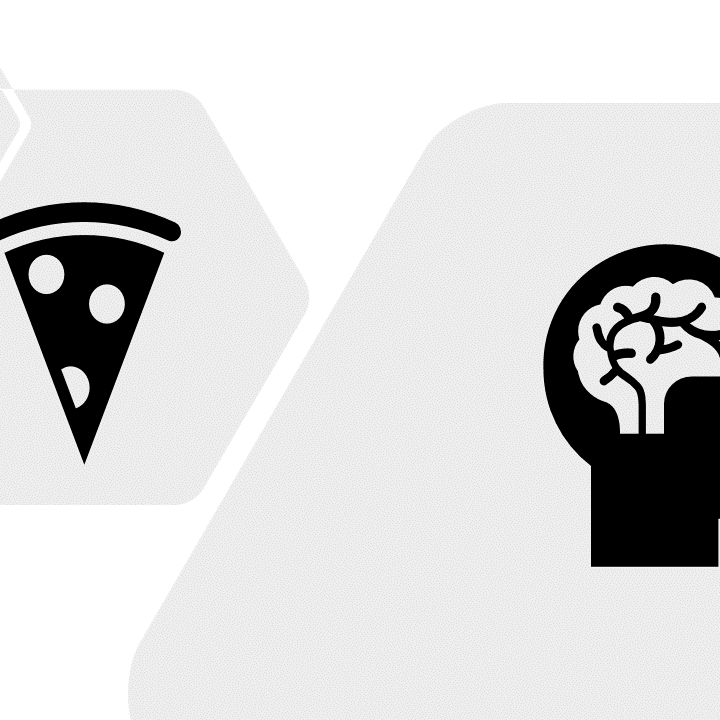I’m very happy to share this Q&A with Irish neuroscientist and author Shane O’Mara, the mind behind the wonderful Brain Pizza newsletter. Shane is Professor of Experimental Brain Research at Trinity College, Dublin - the University of Dublin.
Shane is the author of several books, the most recent being Talking Heads: The New Science of How Conversation Shapes Our Worlds. My thanks to Shane for agreeing to participate in this Q&A!
Here’s Shane!
When you were a teenager what did you want to become when you grew up?
I liked guitar solos, I liked drums, I liked electronic music, and I liked books. But it turned out I was not good at doing anything other than listening to the first three. And that was fine. Because I really, really liked books and reading! And I loved my town library and the local second-hand book shops. So, some sort of career where books and reading were important.
How did you wind up in academia and neuroscience in particular?
Really simple story: my folks went on a trip to the US when I was a teen, and being a bit nerdy, I asked for books and newspapers as a present. One of the books was Carl Sagan's collection of essays 'Broca's Brain', and it was like a switch went off in my head! You could actually study this stuff, and find out things! About how the brain worked!
I know there's lots of... encouragement... to publish research in academia but in your case (probably on top of your regular research) you've written several books. What led you to write and publish books?
I always loved books, and I loved the idea of writing one. But writing a book is hard. In the end, I wrote them because the story I wanted to tell couldn't fit in a regular academic paper, and the audiences I wanted to reach wouldn't necessarily want to read an academic paper. In a way, I felt compelled to - I wasn't going to be satisfied until I did.
When you write do you have a preference between pen and paper and the keyboard?
Pen and paper first! Then keyboard. Sometimes dictation. But pen and paper to scratch something out. Old discarded photocopy paper and Papermate Inkjoy pens - black ink! Old paper is great - it doesn't feel in anyway final. The keyboard is very constraining. But having lots of notes, bad drawings, scribbled thoughts, a kind of a structure first - then hit the keyboard. And then print the thing out to read it slowly, and mark it up for editing!
Can you describe what you consider to be your first big break in your chosen career/work?
Deciding to apply for a position in Oxford University as a research assistant/PhD student, and getting it! I found a style and type of research that really suited me. Science takes all sorts: stamp-collectors, classifiers, generalists, specialists - you name it, there will be a scientist that corresponds to it.
Have you seen many changes in students as the following generations have experienced academia: Boomer vs. Gen X vs. Millennial vs Gen Z?
This question has perturbed me a bit, as I don't think I can give any sort of categorical answer. The major change over the decades has been the wonderful opening of education to all - the system used to be very constrained and constraining, and there are now routes to education that were unavailable a few decades ago. Here in Ireland, if my memory serves me - when I left secondary school only about a third of students went to third level. We've now pushed that to more than two thirds - and this has transformed our economy and society dramatically. I don't believe all the gatekeepery nonsense about 'elite overproduction' - education is for everyone.
I've been around academia quite a while now and my sense is one that students are ever more serious about their studies, and are coping with generational strains that are peculiar to them. To give a contrast: I'm a Gen X: when I graduated Ireland had loads of cheap (and usually not very pleasant) accommodation, but very poor employment prospects (the Celtic Tiger had not yet happened). Today's graduates are coming into labour market where there many more jobs available than people to fill them, an Ireland that is very wealthy with massive ongoing population growth - and a completely messed up housing supply. Finding somewhere to live was not a problem for my generation - but it is now.
Tell us something about Ireland that people who’ve never been there would not expect or understand.
Ireland is at the same latitude as Newfoundland in Canada, but we do not have the same temperature extremes. We have a temperate maritime climate with a remarkable range of microclimates. It is often said we get all four seasons every hour of the day, and along the Atlantic Coast that is very often true. Sadly, most of our temperate rainforests are gone, but some lovely fragments remain. The majority of Irish people live in towns and cities. Our population is the only one in Europe that is below what it was in 1845 (but there's a grim reason for that).
How would you describe your Substack experience to date?
My experience has been generally been a very good one - I appreciate what Substack are trying to do. I've been selected as a Substack Featured Publication twice (2022 and 2023), which I was amazed at.
My recipe for growth has been to try and write a good piece 3 or 4 times a month - to show up, in other words. I like Substack Notes, but don't post there a lot - life is busy and I do have other things on! If I was a fulltime writer, then that might be different - but I'm not. My subscriber growth has been pretty steady - it's at about 5.4k subs at the moment. I don't benchmark myself by the success of others - I'm just interested in doing the best job I can, and if others like that, then great. Someone once said 90% of success is turning up. I think that's true of Substack - produce the goods, and they will come (at least I hope they will)!
A final thing about Substack: it's allowed me to connect with and feel like I have come to know people that I otherwise might never have heard of. So far the experience is good, the trolls are few, and they can be blocked.
I have, however, obtained my own custom domain (www.brainpizza.com)
which I set up recently. I also did the same for my books at https://shaneomarawriter.com/
I think doing this is sensible, because it gives you a certain freedom you otherwise wouldn't have.
I think the reality is that you simply don't know what is going to happen with any of these platforms in the future - we've had a real life example of, shall we say, change at Twitter/X, recently. I'd hate to have spent time doing research on that platform, as so many did, and find that the API is inaccessible, and the algorithm changed hugely so many times - you can't compare data collected over time in any reliable fashion.
I look forward to seeing how it bleeds into the wider culture over the coming years. I hope it's like YouTube circa 2007 - something amazing, about to really take off.
Is there another living author that you’d like to meet in person?
Nonfiction reader Shane: Siddartha Mukherjee (beautiful wonder of science writer)
Fiction reader Shane: Donna Leon (if you love Italy, as I do, then Leon's gentle evocations of Venice are for you).
Pretend you wake up one day and your learn that the Internet has been destroyed. What’s the first thing that you do?
Read my unlibrary! It's too large - I have lots of books I want to catch up on!
Thanks to Shane for his insightful answers!






A great interview! I wholeheartedly agree with using pen and paper first - composition (especially at a draft stage) I find impossible on a computer. Probably because we didn’t use them when I learned to write! Thanks for the exposure to yet another great mind.
Thanks, Mark!